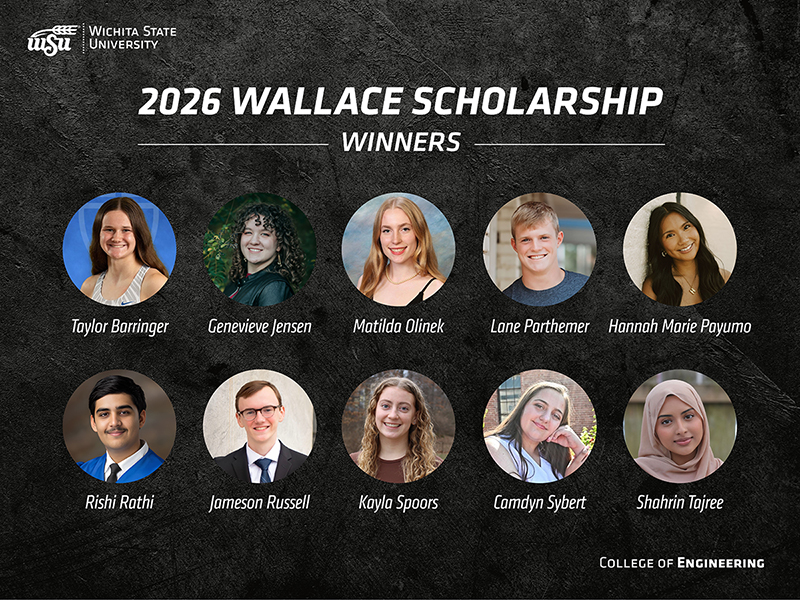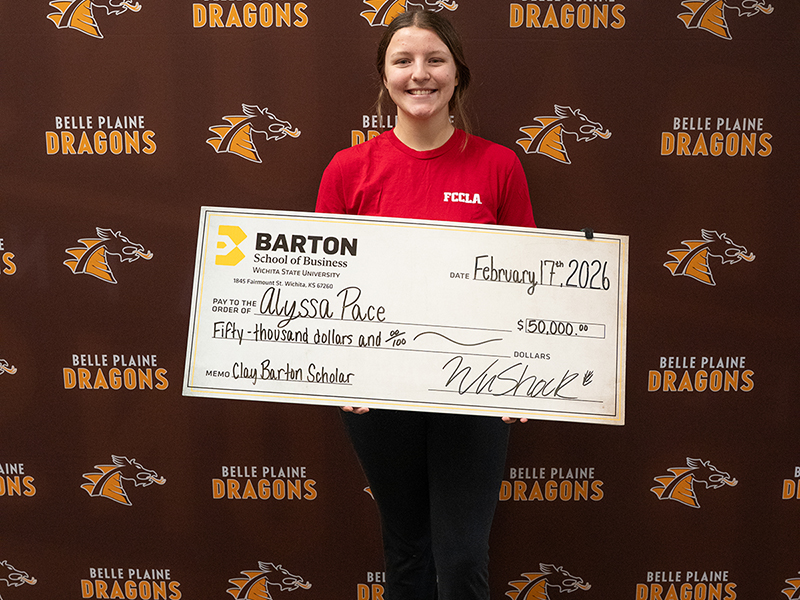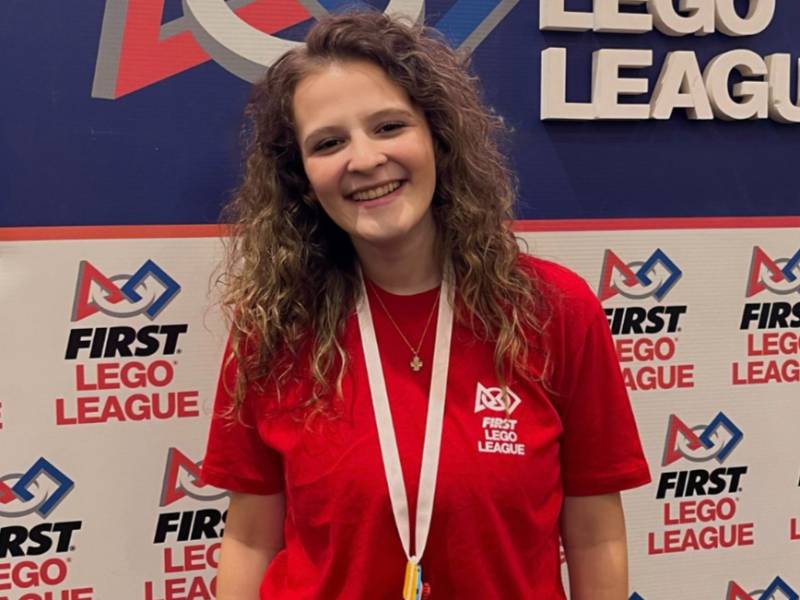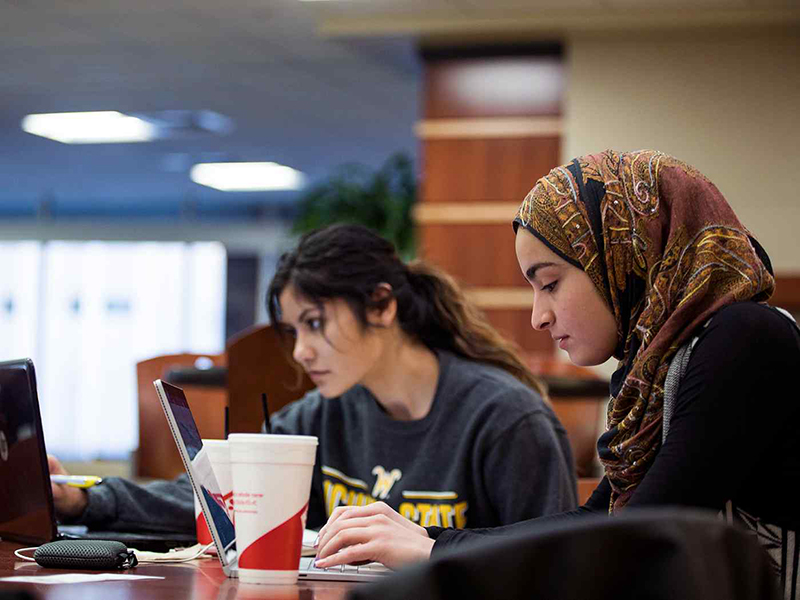Annual conflict of interest disclosure reporting period open through April 30
It is time to complete your annual conflict of interest (COI) disclosure! Pursuant to WSU and Kansas Board of Regents policy, all employees are required to annually disclose certain external interests, activities, and consulting arrangements. This annual reporting period runs from April 1 – April 30. Employees who have not recently submitted a disclosure will be automatically prompted to complete the new COI form. Those who have recently completed a disclosure (after September 15, 2020) will be prompted to verify their existing information. You can access the COI disclosure form on myWSU. Please note that, under WSU policy, all employees are required to keep their disclosures of external interests, activities, and consulting arrangements up to date throughout the year. This means that all employees must disclose job-related external interests as they arise and update disclosed interests if they change. Information about the updated COI processes and disclosure form can be found here. If you don’t see your question, please email COI@wichita.edu.
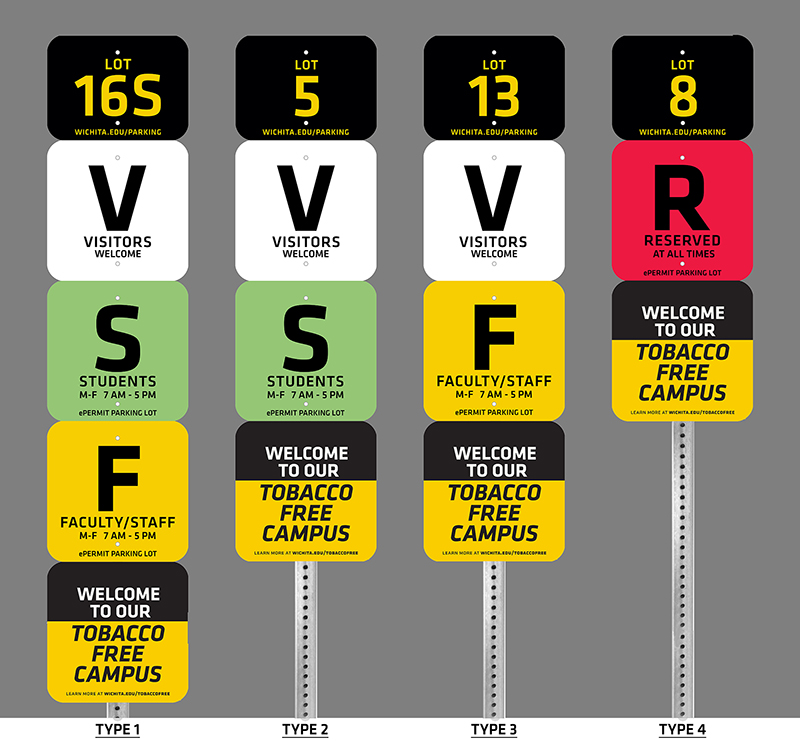
New parking signage planned for campus
Facilities Planning has ordered new parking lot signs to replace the existing ones. The signs will be a different design; however, the color code system will stay the same. Students, faculty, and staff can continue using the lots as they usually do.
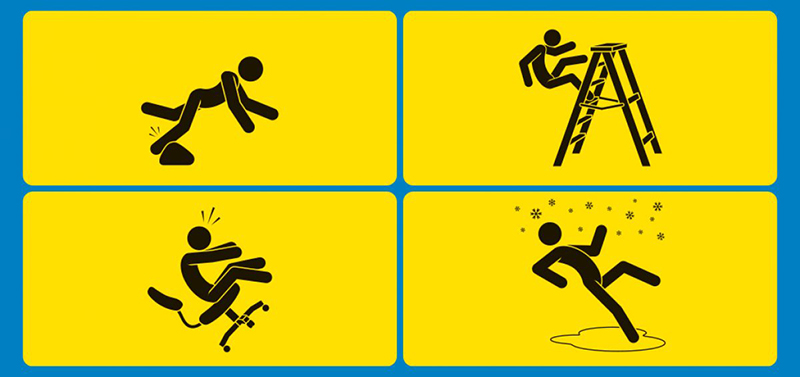
Changes coming to workplace injury treatment process
The State Self-Insurance Fund (SSIF), administrators of the State of Kansas workers’ compensation program, has contracted with a third-party service beginning April 12, 2021. This service provides 24/7 access to nurse triage and telemedicine for employees who are injured at work. This service will be in use for non-emergency injuries only – if an employee has a workplace injury requiring emergency treatment, the existing accident reporting procedures will remain in effect.
Supervisors will receive more information and updated workplace injury posters and quick guides prior to the implementation of the nurse triage line on April 12.

Free hearing evaluations for faculty and staff
Hearing loss is a common problem that can significantly affect a person’s ability to communicate. The Speech-Language-Hearing Clinic is offering free hearing evaluations to faculty and staff at Wichita State. During your evaluation, we will test your hearing to determine if there is hearing loss and the type and severity of the loss. Hearing evaluations last approximately one to two hours; however, if it is determined that you do have hearing loss, your appointment may last longer.
Please call (316) 978-3289 to schedule an appointment. The Speech-Language-Hearing Clinic is located at the Hughes Metropolitan Complex at the intersection of 29th and Oliver. Visit wichita.edu/HearingServices to learn more about the variety of hearing services we offer.
Criminal justice series: Ethics in Law Enforcement
Hear from Michelle Meier, commission counsel at the Kansas Commission on Peace Officers' Standards and Training (KS-CPOST) at noon on April 14. KS-CPOST is committed to providing the citizens of Kansas with qualified, trained, ethical, competent, and professional peace officers. It is also dedicated to adopting and enforcing professional standards for certification of peace officers to promote public safety and preserve public trust and confidence. This is a virtual event and is open to all. No o registration is required. Zoom Meeting ID: 94082579943, passcode: 465504.
This event is sponsored by the School of Criminal Justice and the Criminal Justice Student Association. For more information email Sarah Green at sarah.green@wichita.edu.
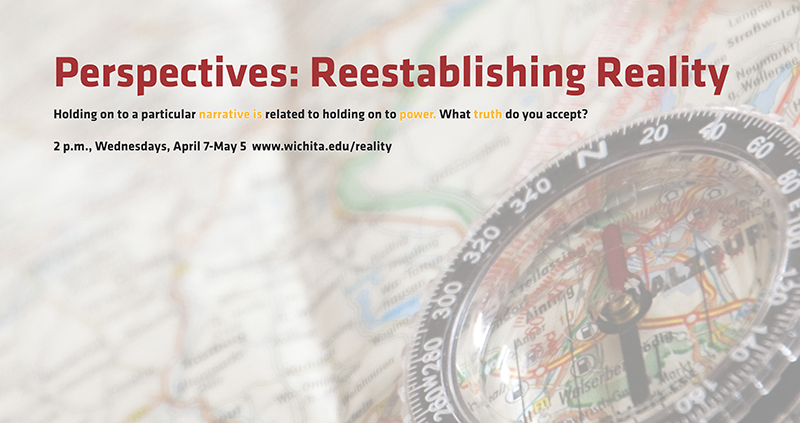
The difficulty of evidence, argument and rationality in reestablishing reality
Join the Fairmount College of Liberal Arts and Sciences for the first in its "Perspectives: Reestablishing Reality" series at 2 p.m. Wednesday, April 7 via Zoom. Jeffery Jarman, Kansas Health Foundation Distinguished Director of the Elliott School of Communication, will present "Motivated to ignore the facts: the difficulty of evidence, argument and rationality in reestablishing reality."
Classic conceptions of democracy are based, in part, on a vibrant public sphere where citizens are informed and engaged in public deliberation on important topics. Argumentation is central to this vision. Each side builds its case by marshalling the available evidence in support of their preferred conclusion.
A rational public, it is assumed, takes in the evidence, evaluates the strengths and weaknesses of the competing positions, and updates their opinions. Unfortunately, recent research in neuroscience and political psychology provides a direct challenge to this vision. Rather than evidence and argument shaping our opinions, our opinions shape our interpretation of evidence and argument. Efforts to reestablish a shared reality must account for individual motivations to discount information that is inconsistent with pre-existing attitudes.
Jeffrey Jarman is the Kansas Health Foundation Distinguished Director of the Elliott School of Communication, a position he has held since 2017. He started at Wichita State in the fall of 1996. For almost 20 years he served as the director of the university’s competitive debate team.
He teaches classes in communication strategy, research methods, and seminars in legal and political communication. His recent research applies insights from neuroscience and political psychology to classic conceptions of argumentation. In particular, he analyzes the role of evidence and argument in presidential debates, fact-checking, and political disputes in the public sphere.
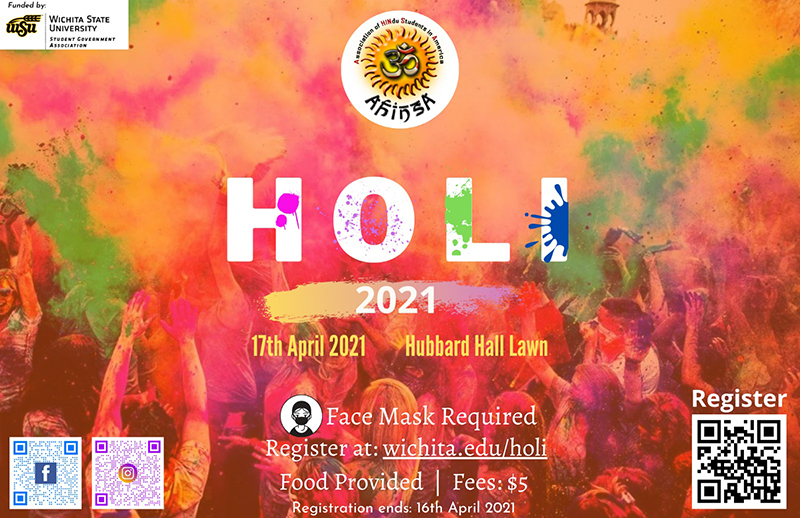
Holi spring festival returns to Wichita State
After the darkness of the pandemic, AHINSA is back with Holi to fill your life with colors and joy. Join us from 11 a.m. to 2 p.m. April 17 at Hubbard Hall Lawn. Holi is open to students, faculty, and staff. Registration is required to attend.
Doctoral student needs participants for a hearing research
A doctoral student in communication sciences and disorders is conducting a study on comparison of an existing and a newly developed clinical technique for evaluating function of the middle ear. Participants must be between the ages of 18 and 35, have normal hearing, have not had an ear infection in the past three months, nor had a cold or flu in the past two weeks. Participants will receive a no-cost comprehensive hearing evaluation and ear examination prior to testing. The testing will take about one hour in Room 106 Hubbard Hall. We have implemented a virus protection plan following university guidelines. If you are interested in volunteering, please contact Kara Barrus at 316-650-5329, or Dr. Xiao-Ming Sun at Xiao-Ming.Sun@wichita.edu.
Congratulations to the GRASP 2021 winners
Congratulations to the 17th annual Graduate Research and Scholarly Projects (GRASP) Symposium winners!
- First place: Kylie Darland, Master's of Communications Sciences and Disorders Program (advisor Erin O'Bryan): The Effects of Varying Melodic Intervals in Melodic Intonation Therapy for Persons with Aphasia
- Second place: Rosalind Canare, PhD candidate in Communication Psychology program (advisor Rhonda Lewis): Perceptions of Food Quality in Correctional Facilities
- Third place: Aleshea Her and Yasmin Tang, Master's of Communications Sciences and Disorders program (advisor Trisha Self): Post-Secondary Education Experiences and Needs of Students with Autism Spectrum Disorder
GRASP presentations will be open for viewing until Friday, April 9 at www.wichita.edu/grasp.

Living in Possibility virtual series
Encourage your students to attend the Living in Possibility Virtual Series. This program takes place on Tuesday evenings from 5:30 to 7:30 p.m. with live facilitation. Students can expect to participate in deliberate dialogue regarding resilience, becoming a catalyst in leadership, and more!
Sign up for one or sign up for all through ShockerSync.
For more information, please visit www.wichita.edu/leadership or reach out to Kennedy Rogers at kennedy.rogers@wichita.edu


